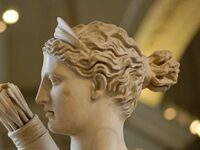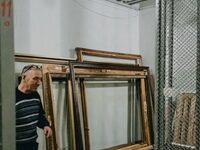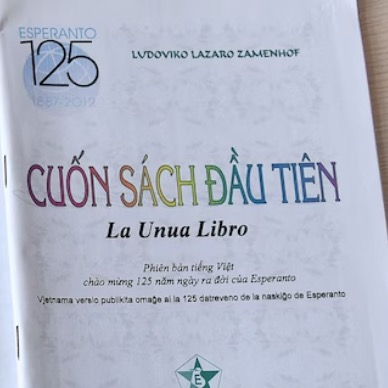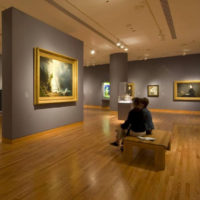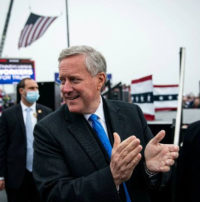There had always been rumors, and a few hints in surviving records, that there had been a hammam where the Cervercería Giralda now stands, but most people (including the owners) shrugged them off and figured the building was 1920s Moorish Revival style. Then the owners started renovating … – The Guardian
